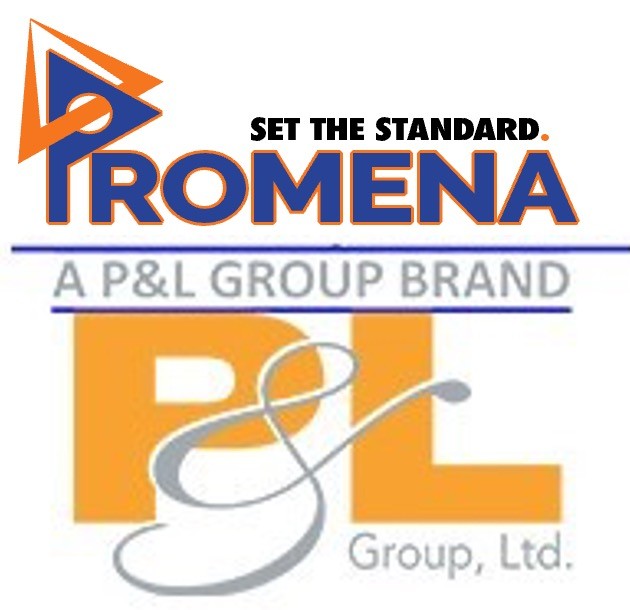Sometimes we miss what’s right in front of us. As an example, I was in the middle of a business conversation with a senior executive and we began discussing an upcoming business trip. When the executive learned that this speaking engagement was with a community organization, he openly shared some advice. He cautioned me to be careful about accepting these engagements because “spending time with community was low value to the business.” That comment showed me that he really didn’t understand the bigger picture.
Understanding Diversity and Corporate Social Responsibility
When you work in business and clearly understand both diversity and corporate social responsibility (CSR, which is defined as aligning a company’s activities with the social, economic and environmental expectations of it’s “stakeholders”) and their connection to each other, their value to the business and our communities becomes clear. Good governance and reputation management are no longer optional for organizations of any size and with that now also comes the management of business practices such as CSR and diversity. Shareholders require companies to behave responsibly and ethically, and companies need to understand how giving back to the community is critical to both the bottom line and to the growth and health of their workforce.
With the advent of the issues in the financial sector over the past few years, corporate directors have taken on a greater responsibility for the company’s behavior as well as diversity, all of which affect how companies appear to their constituents. Diversity can take on many meanings within organizations, depending on the type of business or what they are attempting to achieve. When business takes financial advantage of diversity, it becomes about the design and marketing of a product for an increasingly multicultural marketplace.
Accountability
CSR executives must find that one silver bullet that the company believes in and makes a difference to that business and its customers. What does the company believe in? Do they believe in the cause deep enough to make a significant investment? Diversity executives have the accountability to influence the building of the right environment to attract the diverse talent necessary to help the company grow a profitable business. Both of these lead to a stronger company and connecting the two allows an organization to have a collective conversation as they build their strategic business imperatives. So why not approach them collectively? Because many of our diverse communities place a high value on companies showing up in their neighborhoods, it helps attract top talent, which in turn allows the company to create more innovative products and services that have value for diverse communities.
Strategic business imperatives like CSR and diversity create good for the community, but they are truly in the company’s best interest. It’s not altruistic; it’s a selfish business proposition. Businesses are not charities; they are about making a return for their bottom line. These opportunities and aspirations lead to better communities and greater growth for the company. If the company lifts up a community, individuals in the community are positively impacted and are more likely to become that company’s customers. This is all critical to a company meeting its growth goals in the competitive world in which we live.
Measuring the Impact
Making a commitment to responsible business practices that include community involvement and social impact through the investment of time, talent and committed resources for the long term ensures sustainable change with measurable and long-lasting results. This positively impacts the company’s brand. Organizations that run hot and cold on these business imperatives risk alienating communities, as well as current and potential diverse talent. Community and diversity investments require consistency and ongoing presence to be effective. Beyond simply generating profits for the shareholders, there are significant demographic shifts happening that are globally influencing profits. CSR and diversity executives must think beyond the obvious to the community at large and the economic pressures that can be generated from that community. They must draw the business linkages that will result in a positive return on investment but look broadly to find the pieces to the puzzle that fit. This allows a company to do what is right while at the same time meeting or exceeding it’s goals.
Success in Action
Involvement in community can bring about strong lessons in diversity. This was evident in the actions of a former colleague. She knew that the leaders in her department were struggling with workplace diversity and had few opportunities to make a difference in hiring or growing staff due to the current business environment. She took the approach of stating that one of their goals would be to personally support vital communities and each leader would need to spend time with diverse communities. There were no requirements on what that meant, although she did have their diversity council identify a couple of potential opportunities such as volunteering with the Urban Debate League. Through the work that the department did in fulfilling their goal, the leaders quickly began to see its lessons translate into tolerance, understanding and eventually valuing of those different from themselves, such as women, minorities and people with disabilities. Today that department has instituted internal diversity requirements and created ones for the professional service firms with which it does business. Department members continue to grow in their understanding of the need for and value of both CSR and diversity as a result of their community outreach efforts.
The Business Community
There is little research connecting CSR and diversity. However, Joseph Carleo of the Public Relations Society of America (PRSA), a profession that has been challenged by diversity, brought together a panel that discussed the connection between CSR and diversity. This conversation by two CSR and diversity executives examined “how to plan and execute effective CSR programs that positively impact diversity and public relations goals, despite the challenging economic environment.” They encouraged looking at both business practices holistically across the organization and marketplace.
This approach allows the integration of these efforts including common goals and project delivery and measurement, all of which ensures a greater exposure to the value of your actions. In greater numbers, pursuing similar goals empowers those doing the work to persevere. Research and benchmarks often can be the same depending on what the organization’s strategic intent is regarding both of these business imperatives. This collaboration also resonates in the business community, strengthening the understanding and value of both. It is important to remember that this work, if done strategically with both groups working effectively, will not get you instantaneous results but rather long-term results that are more sustainable, and it’s those results that are critical to long-term success.
During the conversation with that senior executive that I alluded to earlier, he also told me that from his perspective, “diversity was just the company’s personal PR campaign.” It was clear from that comment that he just didn’t understand the importance of diversity and CSR, from either the business or workforce standpoint. Focusing on the success of the collaboration of CSR and diversity is essential to the long-term success of both and should not continue to be a missed opportunity in today’s business strategies.
Image courtesy of Indian Centre for CSR








